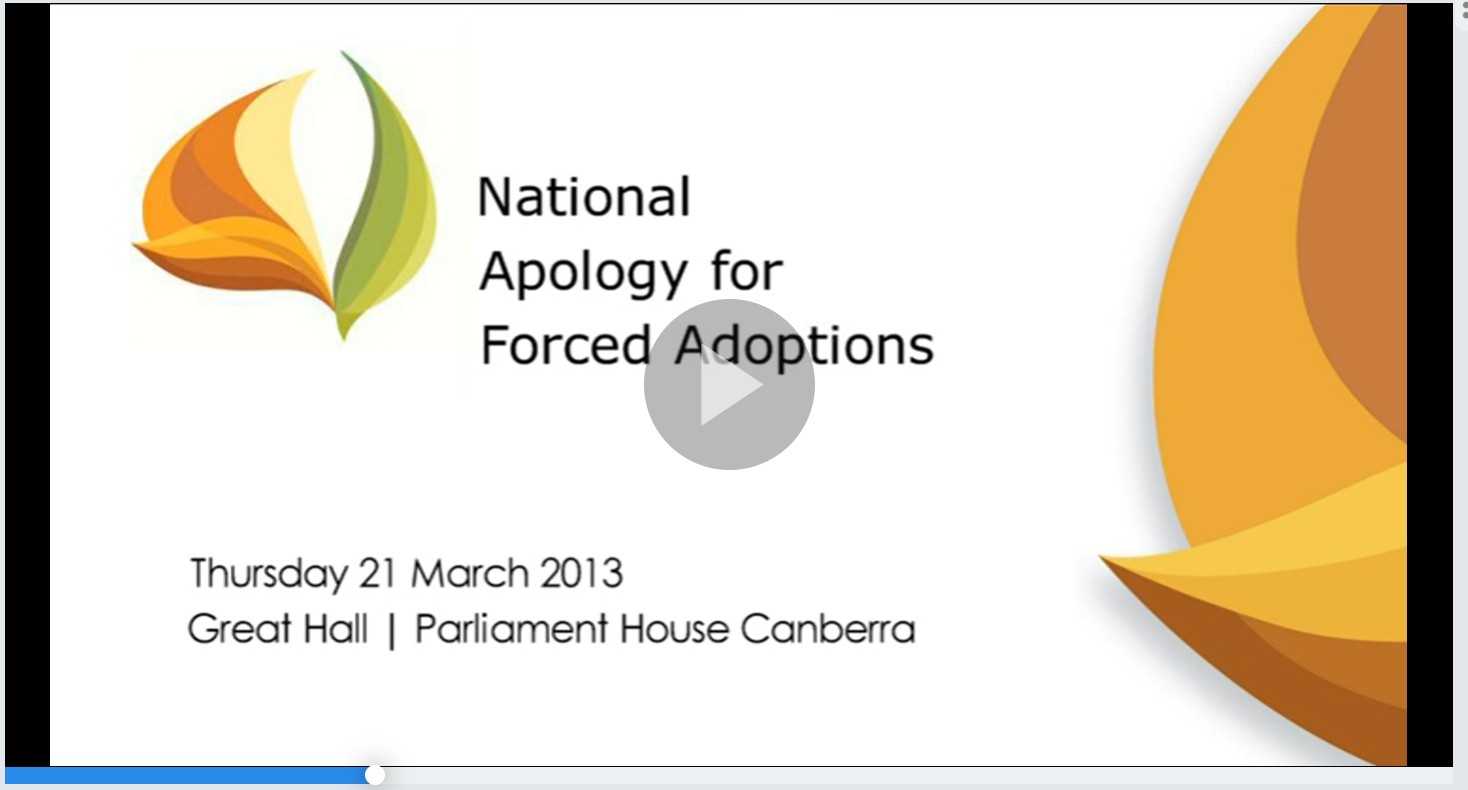History of Adoption
Forced Adoptions History Project

Following the Senate Community Affairs References Committee enquiry and their report into Commonwealth Contribution to Former Forced Adoption Policies and Practices, the National Archives of Australia undertook the Forced Adoptions History Project.
The items in the collection were gathered from individuals who courageously shared their personal stories – their words, photographs, documents and their voices. Acknowledging the truth of their experiences validates and vindicates those who were silenced for so long.
The collection and at the Without Consent Exhibition has been archived to Trove .
“The project cannot right the wrongs of the past. Rather, it seeks to explain to the community what happened and to acknowledge those who suffered, so that – in the words of the apology – ‘these practices are never repeated’.
` Professor the Honourable Nahum Mushin”

